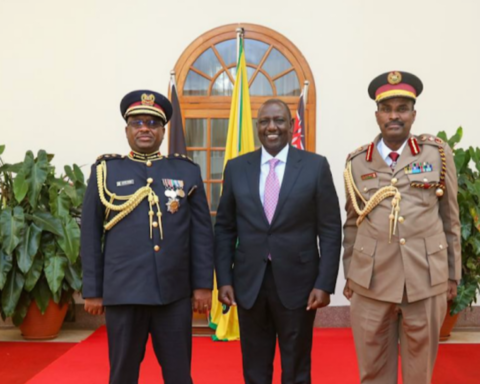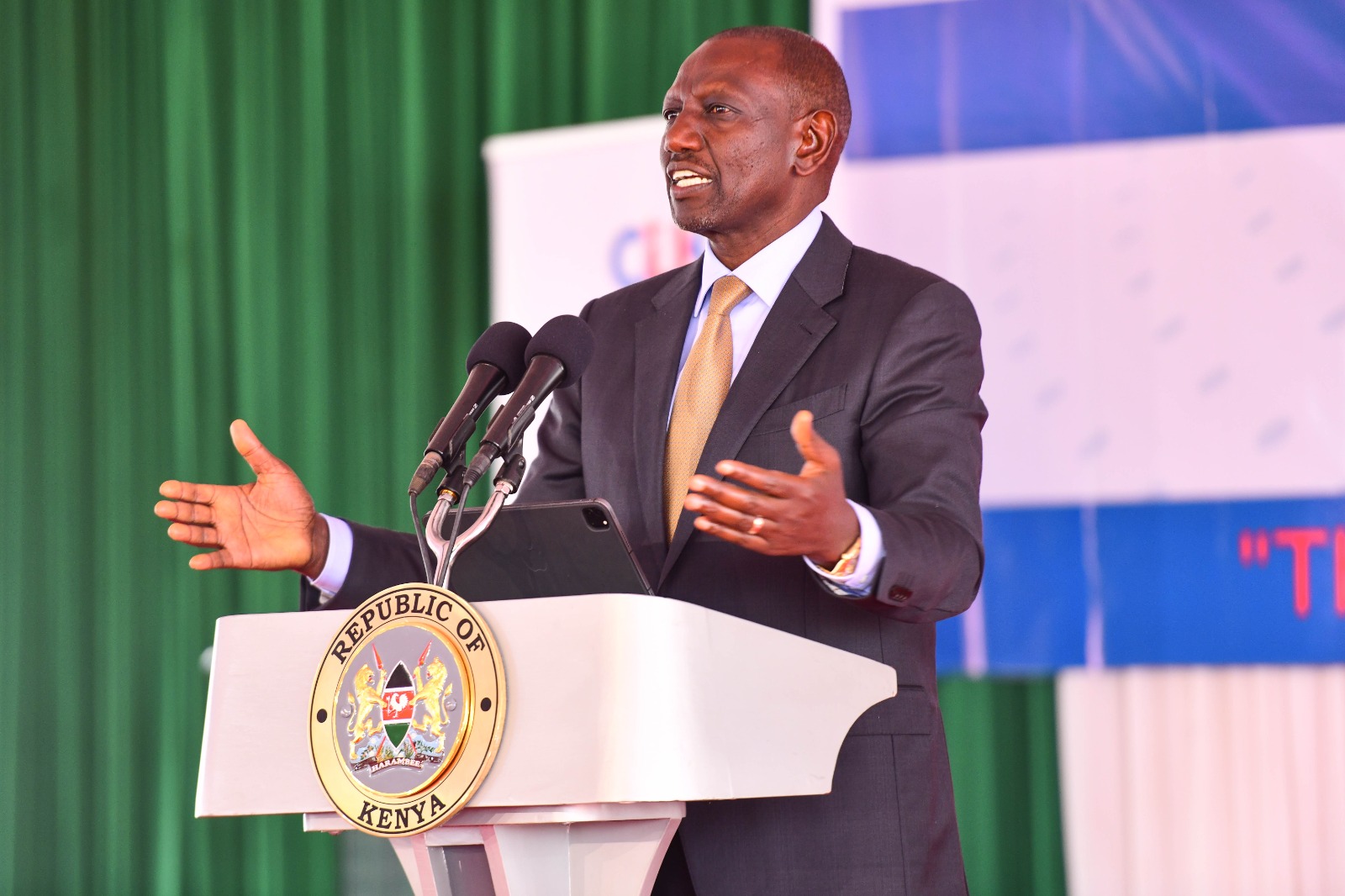IG Koome remarks contemptuous to families of police killing victims
Inspector General of Police Japhet Koome should have formulated a more logical narrative in defence of police killings, instead of going public with a reasoning which only leaves him with an egg on his face.
The media, both local and international, have clearly captured police using live bullets on innocent protesters during anti-government protests called by Azimio Coalition, occasioning the deaths of more than 50 people and maiming hundreds of others.
Independent investigations by civil society organisations and human rights groups have similarly indicted the police for the same atrocities.
For Koome to then state without batting an eyelid that Azimio leaders hired corpses in collusion with morgue attendants to display to the media in a bid to justify police killings, amounts to dancing on the graves of the dead and utter apathy to the families of those police killed.
The best way for him to buttress his incoherent claim is to avail the names and photos of the corpses he is talking about and the morgues from which they were hired; and equally, identify the Azimio leaders involved in such heinous exercise. As IG, he has the investigative mechanisms to do this, for Kenyans to believe and trust him.
Koome’s office is an independent one established under Article 245 of the Constitution, hence the citizens expect him to be non-partisan in discharging his mandate. But what they are seeing instead is the complete opposite.
The IG is mandated to hold this office for a single term of four years, and can thereafter not be reappointed.
He and others who today are presiding over the killing and brutal maiming of innocent Kenyans callously must realise that they are likely, sooner or later, to be subjected before the International Criminal Court (ICC) to answer to their actions – even after leaving office.
This of course depends on the admissibility of the evidence currently being documented on the killings and related atrocities.
At the moment, Koome and ilk may assume they can trash the Constitution and act with impunity at the behest of the masters because they enjoy the reigns of power but should take cue from other similar regimes in Africa whose leaders have been subjected to the ICC for atrocities committed against their own citizens, even post their reigns.
He should be alive to the fact that the wheels of justice grind slowly and his actions will sooner or later catch up with him – even after leaving the office of which he will not be beholden forever.
When the ongoing exercise of documenting the killings and maimings is completed, the evidence will be presented to the ICC prosecutor who will then determine whether the cases constitute crimes against humanity, which on prima facie basis, should.
The Kenyans being killed and brutally maimed have been exercising their constitutional mandate to picket and demonstrate against injustices being done to them by the oppressive leadership.
The Constitution provides in Article 37 that every person has the right, peaceably and unarmed, to assemble, to demonstrate, to picket, and to present petitions to public authorities.
Apart from violating Article 37, police action is equally in violation of Article 26 on the Right to Life as detailed in Chapter Four on Bill of Rights, which states: “Every person has a right to life; and that a person shall not be deprived of life intentionally, except to the extent authorised by the Constitution or other written law.”
History is replete with cases where ordinary people, constrained by injustices, have resorted to challenging those holding power in protest against unjust political, economic or social conditions.
Kenya, like many other African countries, is still struggling to deepen and institutionalise democracy and deal effectively with government impunity, particularly associated with the abuse of executive power and the violation of human rights.
Today, many of the rights and change we enjoy, have come about as a result of the protests and related struggles when the people have united against the dictates of oppressive leadership.
What the Kenya Kwanza regime has done and continues to do to Kenyans is a classical example of such injustices. It has forced the Finance Bill 2023 down the throats of Kenyans, subjecting the citizenry to punitive taxation amid high cost of living.
The people expected those to whom they donated their sovereign power to exercise it in a responsible manner that considers their well-being through the rule of law, equity and justice.
That is why they have opted to resist the oppressive leadership that has failed to realise the Constitution demands of it to be accountable to them (the people) – to whom all sovereign power belongs as stipulated in Chapter One.
Koome has failed Chapter Six on Leadership and Integrity which requires State officers to be objective and impartial in ensuring that their decisions are not influenced by nepotism, favouritism, and other improper motives. He is, therefore, not fit to hold such key public office.
–This Piece was originally written by Dr. Oduor Ongwen, the ODM Party Executive Director












